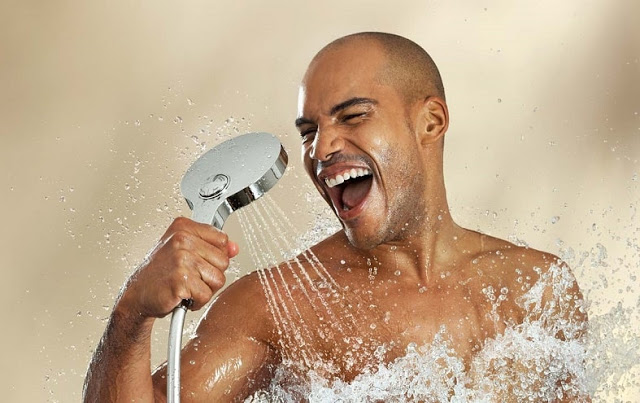by Staff writer
We love them.
We feel safer with them.
We are always told to use them.
We could spend our last penny just to get them.
Antibacterial soaps!
Only if we know…
On September 2, 2016, the FDA issued a rule banning the use of triclosan, triclocarban and 17 other chemicals commonly found in antibacterial soaps and hand and body washes.
So why has the FDA decided to prohibit these seemingly helpful additives?
Consumers don’t need to use antibacterial soaps, and some of them may even be dangerous, the Food and Drug Administration says.
There is some evidence that triclosan, triclocarban and other chemicals used in antibacterial soaps can disrupt hormone cycles and cause muscle weakness, says Mae Wu, a senior attorney at the Natural Resources Defense Council, which originally asked the FDA to ban the ingredients.
The rule is part of a broader effort by the FDA to encourage consumers to skip so-called antibacterial soaps and simply use regular soaps and water.
“There’s no data demonstrating that over-the-counter antibacterial soaps are better at preventing illness than washing with plain soap and water,” the agency said in a press release issued shortly after the rule was announced.
The ban applies only to consumer products though, not to antibacterial soaps used in hospitals and food service settings.
Many companies have already started phasing out these ingredients, while some have disputed the FDA’s ban.
US soap maker Dial still lists triclocarban as an active ingredient in one of its products called “All Day Freshness”.



